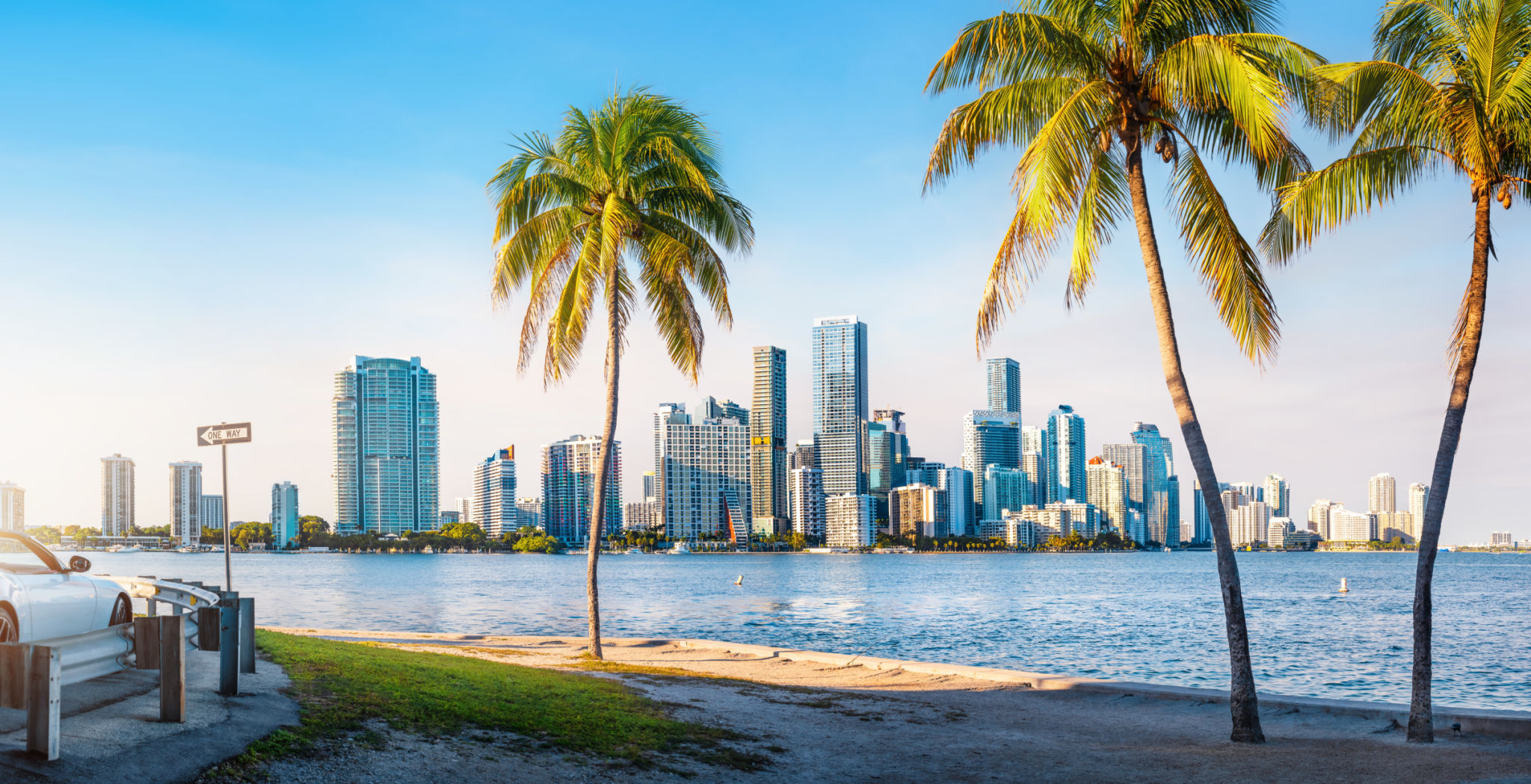Navigating Miami-Dade's Trading Landscape: Local Opportunities and Challenges
Understanding Miami-Dade's Trading Environment
Miami-Dade County has long been recognized as a vibrant hub for international trade. Strategically positioned as a gateway between North America and Latin America, the region thrives on its dynamic trading activities. The county's robust infrastructure, including the Port of Miami and Miami International Airport, facilitates a smooth flow of goods and services, making it an attractive destination for businesses looking to expand their reach.
However, navigating this bustling trading landscape requires a keen understanding of both local and international market dynamics. Businesses must not only adapt to Miami-Dade's unique economic environment but also stay abreast of global trade trends that influence regional opportunities and challenges.

Local Opportunities: A Diverse Market
One of the most compelling aspects of Miami-Dade's trading landscape is its diversity. The area is home to a multicultural population, offering businesses access to a wide range of consumer demographics. This diversity is reflected in the local market, where demand spans various industries, including fashion, technology, and agriculture.
The presence of free trade zones further enhances trading opportunities. These zones offer tax incentives and reduced tariffs on goods, encouraging businesses to establish operations and engage in international trade more freely. Companies can leverage these benefits to gain a competitive edge in both local and global markets.
Access to Emerging Markets
Miami-Dade also serves as a crucial entry point to emerging markets in Latin America and the Caribbean. Businesses can capitalize on this strategic location to tap into markets that are experiencing rapid growth. With the right strategy, companies can establish strong networks and partnerships that facilitate successful market entry and expansion.

Challenges in the Trading Landscape
Despite the numerous opportunities, navigating Miami-Dade's trading landscape is not without its challenges. One significant hurdle is understanding and adhering to the complex regulatory framework governing trade activities. Businesses must be diligent in complying with local, state, and federal regulations to avoid costly penalties and disruptions.
Moreover, the competitive nature of the market demands that businesses continuously innovate and adapt. Companies need to monitor market trends closely and be agile in their strategies to maintain relevance and sustain growth in a rapidly changing environment.
Logistical Considerations
The logistical aspect of trading in Miami-Dade requires careful planning and execution. With high volumes of cargo moving through its ports and airports, businesses must ensure efficient supply chain management to meet consumer demands promptly. Investing in technology solutions that enhance logistics operations can provide a significant advantage in this regard.

Strategies for Success
To thrive in Miami-Dade's trading landscape, businesses should consider the following strategies:
- Market Research: Conduct thorough research to understand local consumer preferences and market trends.
- Regulatory Compliance: Stay informed about trade regulations and ensure full compliance to avoid legal issues.
- Networking: Build strong relationships with local partners, government bodies, and industry associations to gain valuable insights and support.
- Technology Adoption: Leverage technology to streamline operations, improve efficiency, and enhance customer experience.
By implementing these strategies, businesses can effectively navigate the complexities of Miami-Dade's trading environment and position themselves for long-term success.
The Future of Trading in Miami-Dade
Looking ahead, Miami-Dade's trading landscape is poised for continued growth and transformation. With ongoing investments in infrastructure development and technological advancements, the region is set to strengthen its position as a leading global trade hub.
As businesses continue to explore new opportunities within this dynamic environment, staying informed and adaptable will be key to overcoming challenges and seizing the potential that Miami-Dade has to offer.

